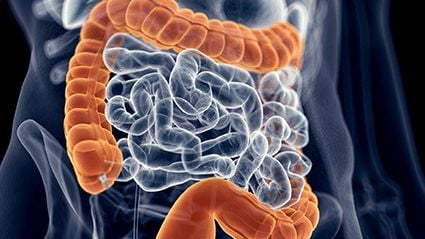
People threatened by accidental exposure to foods they’re allergic to may have a new weapon of defense: On Friday, the U.S. Food and Drug Administration expanded the use of the asthma drug Xolair to help prevent anaphylactic reactions. Xolair (omalizumab) is an injected drug and is not meant as a substitute for EpiPens or other… read on > read on >


















